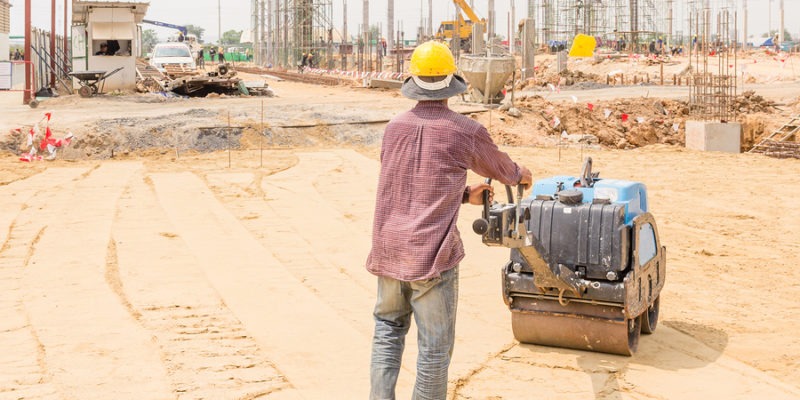Significant changes to the law were passed by Delaware’s 150th General Assembly that all construction firms doing business in the First State should be aware of.
By Kevin Fasic and Anthony N. Delcollo
August 15, 2019 at 11:10 AM
Significant changes to the law were passed by Delaware’s 150th General Assembly that all construction firms doing business in the First State should be aware of. Generally, these changes amend the Workplace Fraud Act (19 Del.C. Sections 3501-3515), create the Delaware Contractor Registration Act (19 Del.C. Sections 3601-3611), and establish an apprenticeship training requirement under the Large Public Works Contract Procedures statute (29 Del.C. Section 6962).
…








